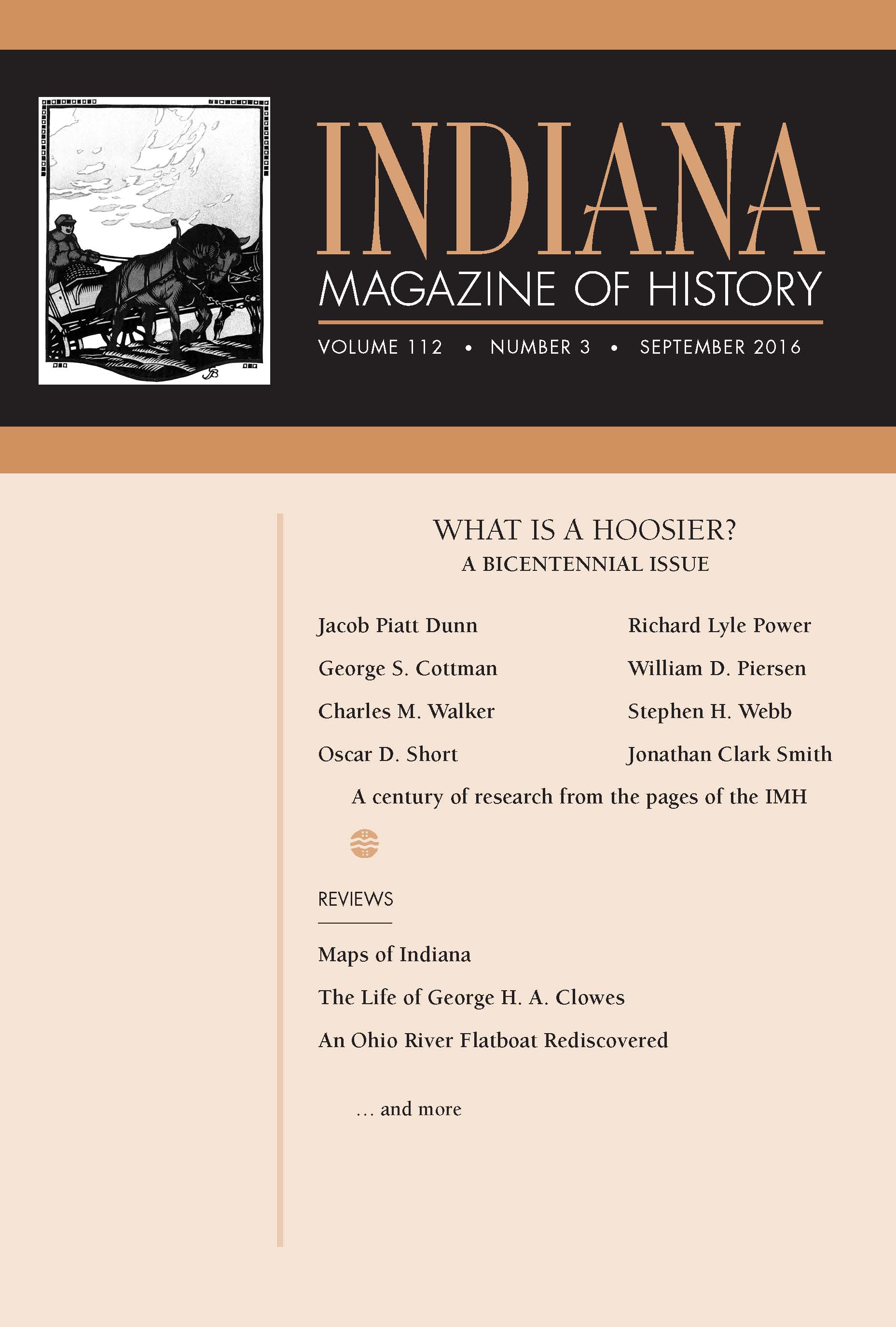One Nation, Under Gods: A New American History By Peter Manseau
Main Article Content
Abstract
If controversial and beloved historian Howard Zinn had plied his historical method on American religious history, the product might read something like Peter Manseau’s book, One Nation, Under Gods. My association of Manseau with Zinn is both a compliment and a criticism. Zinn famously provided an alternative narrative of the United States, relating hundreds of stories of injustice and resistance to dismantle the triumphalist view of America. Manseau, working in a similar vein, uses a series of well-crafted vignettes to demonstrate “attempts by the powerless to exert control over their lives” (p. 116). That particular quote comes in reference to his chapter on Tituba, the slightly mysterious Salem slave of witch trial fame who, Manseau argues, should be seen as a trailblazing religious transgressor. “The practices we might call witchcraft today, carried out by the English and by the native peoples of the Americas before them,” he explains, “can be thought of as a kind of spiritual equalizer, providing religious authority outside social structures that were inevitably defined at the time by class and gender” (p. 114). While there are many valid historical reasons to look into the American origins of Wicca or conjuring, Manseau’s reinterpretation of the Salem witch trials as a site of resistance for transgressive religious practices performs a kind of historical nearsightedness. In an attempt to see Tituba anew, Manseau has lost sight of the rich history (and lost lives) that surrounded her.
